The Impact of Social Connections on Your Health and Well-Being
Ever feel like your phone is glued to your hand, but you’re still super lonely? Weird, right? We’re more connected than ever, but sometimes it feels like we’re missing out on real connections. Well, hold onto your hats, because I’m about to drop some truth bombs about why hanging out with your squad (in real life!) is more than just fun – it’s actually good for you! Yep, you heard me right. Those Netflix binges with your bestie and family game nights aren’t just a blast, they’re like secret vitamins for your body and brain. So, let’s dive into why your social life is basically a superpower for your health!

Friends: Your Personal Cheering Squad
Okay, so we all know friends are awesome. They’re there to make you laugh when you’re feeling down, share your secrets with, and send you the best memes. But did you know that having good friends can actually make you healthier? It’s true! Scientists have found that people with strong friendships tend to live longer, have less stress, and even have stronger immune systems. It’s like your friends are your personal health coaches, but way more fun!
Think about it – when you’re stressed about a big test or feeling bummed, doesn’t talking to a friend usually make you feel better? That’s because friendships give you emotional support, which is like a shield against stress and negative feelings. Plus, friends can encourage you to make healthier choices, like going for a bike ride together instead of sitting around playing video games all day. So next time your parents complain about you spending too much time with your friends, you can tell them you’re just working on your health! (But maybe don’t push it too far – homework still needs to get done, you know?)

Family: More Than Just People Who Embarrass You
I know, I know – sometimes your family can drive you nuts. Trust me, I get it. But hear me out. Your family, whether it’s the one you’re born into or the one you choose, can have a huge impact on how healthy and happy you are. Having a supportive family is like having a built-in safety net – they’re there to catch you when you fall and cheer you on when you succeed.
Family relationships can be complicated (hello, annoying little siblings!), but they’re also super important. They’re often our first and longest-lasting social connections. Having a supportive family can help reduce stress, improve mental health, and even help you get better faster when you’re sick. And it’s not just about your parents and siblings – grandparents, aunts, uncles, and cousins can all be part of this support network. So maybe think twice before rolling your eyes at the next family dinner – it might actually be good for you!

School: Not Just for Learning Algebra
School isn’t just about memorizing facts and figures (although that stuff is important too). It’s also a place where you form social connections that can have a big impact on your life. Your classmates and teachers are people you spend a ton of time with, and these relationships can affect your mental health, how well you do in school, and even your future success.
Having good relationships at school can make you feel more engaged and motivated to learn. It can also give you a support system when you’re struggling with a tough assignment or dealing with drama. And these connections don’t just help you now – they can have long-lasting effects. The social skills you develop in school can help you in future relationships and even in your future job. So next time you’re working on a group project, remember that you’re not just learning about the subject – you’re also building important social skills!

The Online World: Friend or Foe?
In today’s world, a lot of our social connections happen online. We text our friends, chat on social media, and even make new friends through online games or forums. These digital connections can be great – they let us stay in touch with people far away and connect with others who share our interests. But they can also be tricky.
While online connections can be meaningful, they shouldn’t replace face-to-face interactions. There’s something special about being in the same physical space as someone, sharing a laugh or a hug. Too much time online can actually make us feel more isolated and lonely. It’s all about finding a balance. Use technology to enhance your relationships, not replace them. Maybe instead of just liking your friend’s post, give them a call to catch up. Or better yet, make plans to hang out in person!

Volunteering: Helping Others Helps You
Want to boost your mood, make new friends, and help others all at the same time? Try volunteering! Giving your time to help others isn’t just good for the community – it’s also great for your own health and happiness. When you volunteer, you’re forming connections with others who share your values and interests.
Volunteering can give you a sense of purpose and accomplishment, which is awesome for your mental health. It can also expose you to new experiences and help you develop new skills. Plus, it’s a great way to meet people from different backgrounds and age groups, expanding your social circle. Whether you’re helping out at an animal shelter, tutoring younger kids, or picking up trash in your local park, volunteering can create meaningful connections that benefit both you and your community.

Work Buddies: More Than Just a co-worker
I know, I know – you’re probably not working a full-time job yet. But whether it’s a part-time gig, a summer job, or even just group projects at school, the connections we form through work can be really important. These relationships can give you a sense of purpose, teach you how to work as part of a team, and even lead to future opportunities.
Having positive relationships with coworkers or classmates on group projects can make your work more enjoyable and less stressful. It can also help you be more productive and creative. And these skills and connections can be super helpful in the future when you’re looking for jobs or need references. So next time you’re working on a project with others, try to focus on building positive relationships – it could pay off in more ways than one!

Your Neighborhood: More Than Just Houses
Ever heard the saying “it takes a village”? Well, there’s some truth to that! The connections we have in our local community can have a big impact on our health and happiness. This could include neighbors, local shop owners, or people you see regularly at the park or library.
Having a strong sense of community can make you feel safer and more connected to where you live. It can also provide practical support – like having someone to water your plants when you’re on vacation or keep an eye on your house. Plus, being involved in your community can give you a sense of belonging and purpose. So next time you’re out and about, why not say hi to your neighbors or get involved in a local community event? You never know what positive connections you might make!

Furry Friends: Not Just Cute, But Good for You Too
Okay, so pets aren’t people, but the bonds we form with our furry (or scaly, or feathery) friends can be just as important as our human connections. Pets can provide companionship, reduce stress, and even encourage us to be more active and social.
Having a pet can give you a sense of purpose and routine. It can also be a great icebreaker for meeting new people – ever notice how dog owners always seem to chat with each other at the park? Pets can also provide comfort and unconditional love, which can be super helpful when you’re feeling down or stressed. So if you have a pet, give them an extra cuddle today. And if you don’t, maybe consider volunteering at an animal shelter to get some of those pet-connection benefits!

Me, Myself, and I: The Importance of Alone Time
Now, this might seem weird in an article about social connections, but hear me out. Having good relationships with others is super important, but so is having a good relationship with yourself. Taking time to be alone, reflect, and recharge is crucial for your health and happiness.
Spending time alone doesn’t mean you’re lonely or antisocial. It’s actually a really important skill to develop. It can help you get to know yourself better, reduce stress, and improve your creativity and problem-solving skills. Plus, when you’re comfortable being alone, you’re less likely to stay in unhealthy relationships just because you’re afraid of being by yourself. So don’t feel bad about needing some “me time” – it’s an important part of maintaining healthy social connections!

Your Body Says Thanks: The Physical Health Benefits
So we’ve talked about how social connections can make you feel good, but did you know they can actually impact your physical health too? It’s true! Research has shown that people with strong social connections tend to have lower blood pressure, stronger immune systems, and even live longer. It’s like your friends and family are secretly working as your personal health team!
When we have positive social connections, our bodies release feel-good chemicals like oxytocin and serotonin. These can help reduce stress, improve our mood, and even help us sleep better. On the flip side, loneliness and isolation can increase the risk of health problems like heart disease and depression. So next time you’re hanging out with your friends or family, remember that you’re not just having fun – you’re also giving your body a health boost!

Diversity: Not Just a Buzzword
You know how they say “variety is the spice of life”? Well, it turns out that having a diverse social network can spice up your health and happiness too! Connecting with people from different backgrounds, ages, and experiences can broaden your perspective and make life more interesting.
When you interact with people who are different from you, you learn new things, challenge your assumptions, and develop empathy and understanding. This can make you more open-minded and adaptable, which are great skills to have in life. Plus, a diverse social network can expose you to new ideas and opportunities you might not have encountered otherwise. So don’t be afraid to branch out and make connections with people who are different from you – it could lead to some amazing experiences!

The Ripple Effect: Your Connections Impact Others Too
Here’s something cool to think about – your social connections don’t just affect you, they can impact others too! When you form positive relationships and treat others with kindness, it can create a ripple effect that spreads to other people. It’s like throwing a pebble into a pond and watching the ripples expand outward.
Think about it – when someone is nice to you, doesn’t it make you want to be nice to others? That’s the ripple effect in action. By building positive social connections, you’re not just improving your own health and happiness, you’re contributing to a kinder, more connected community. And in today’s world, couldn’t we all use a little more kindness and connection?
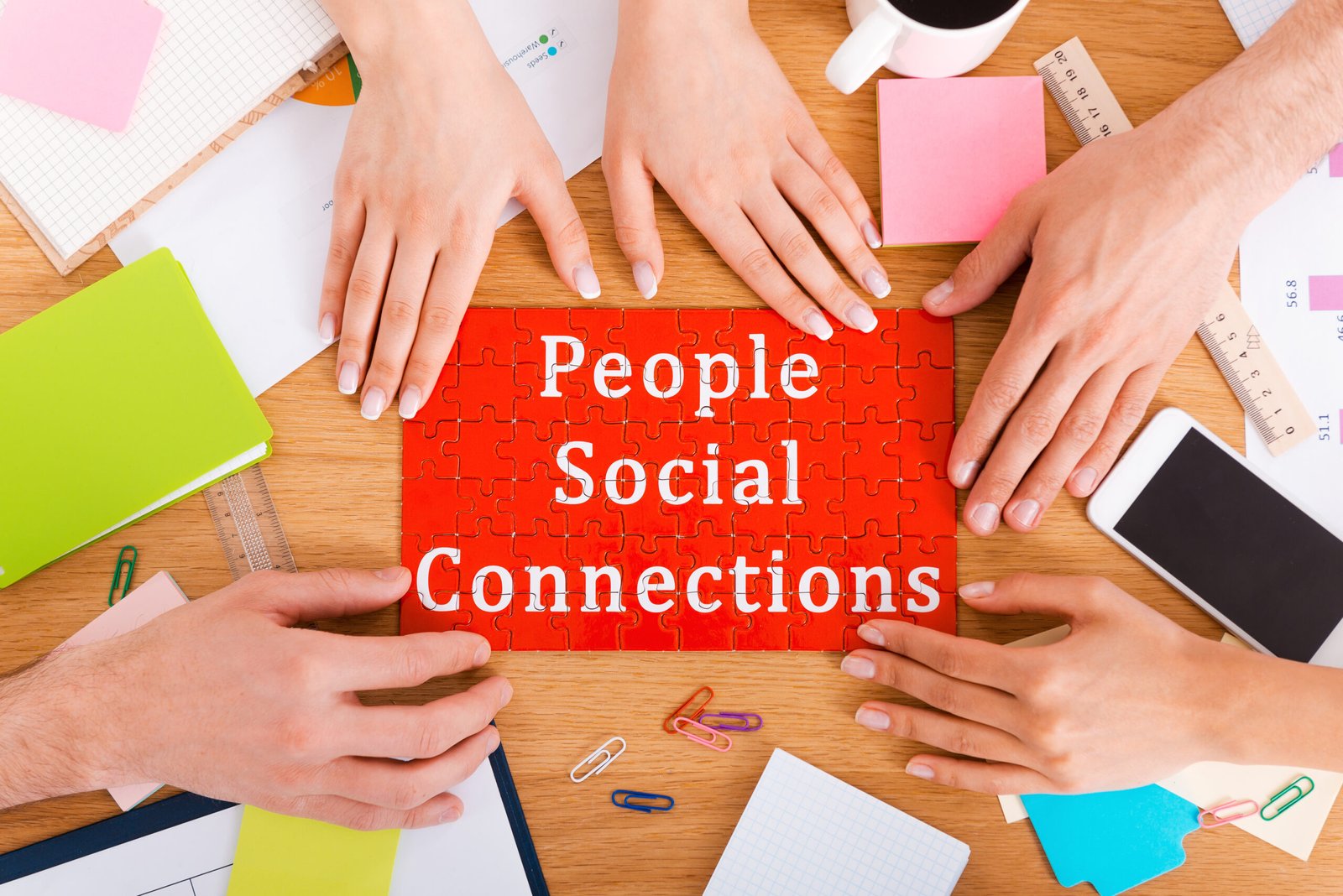
So there you have it – the secret power of social connections! From boosting your mood to improving your physical health, the relationships we form with others play a huge role in our overall well-being. But remember, it’s not about having a ton of friends or being the most popular person in school. It’s about forming genuine, positive connections with others, whether that’s one best friend, a tight-knit family, or a diverse group of acquaintances.

As you go through your day, try to be mindful of your social connections. Nurture the positive relationships in your life, be open to forming new connections, and don’t forget to take care of yourself too. Remember, every smile, every kind word, every moment of connection is like a little investment in your health and happiness. So go ahead, reach out to a friend, chat with a neighbor, or even just smile at a stranger. You never know – you might just be boosting your well-being and theirs too!


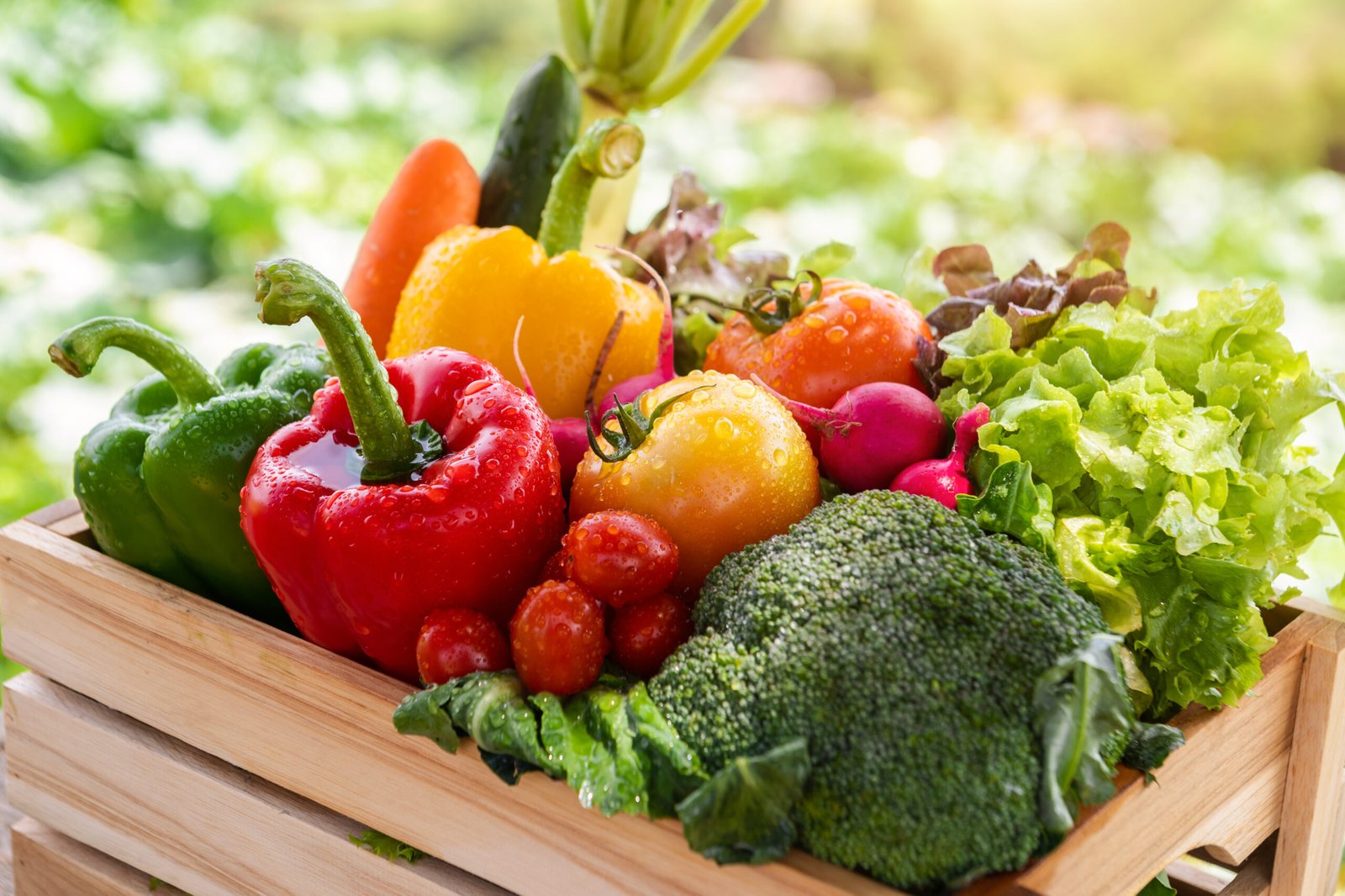
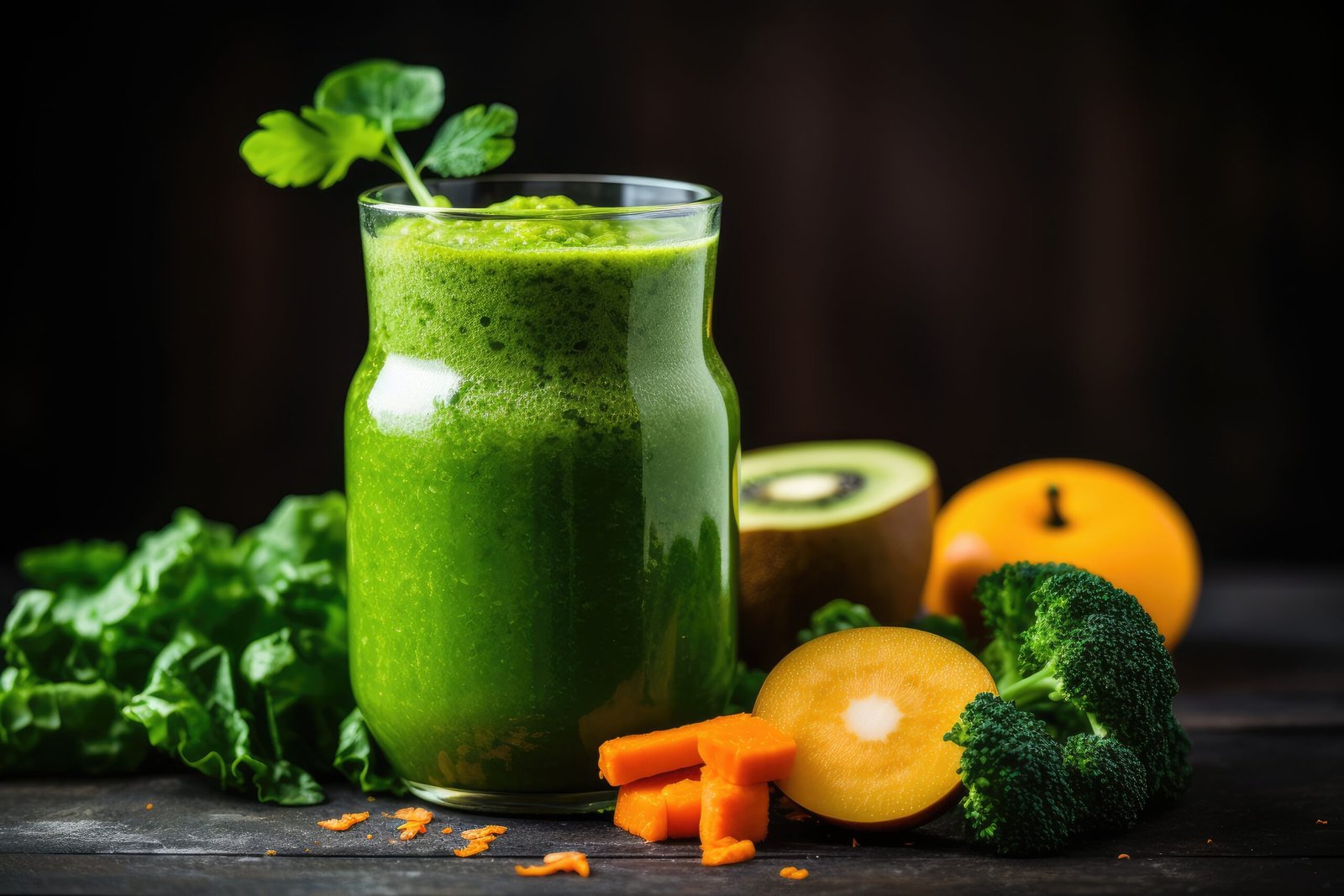

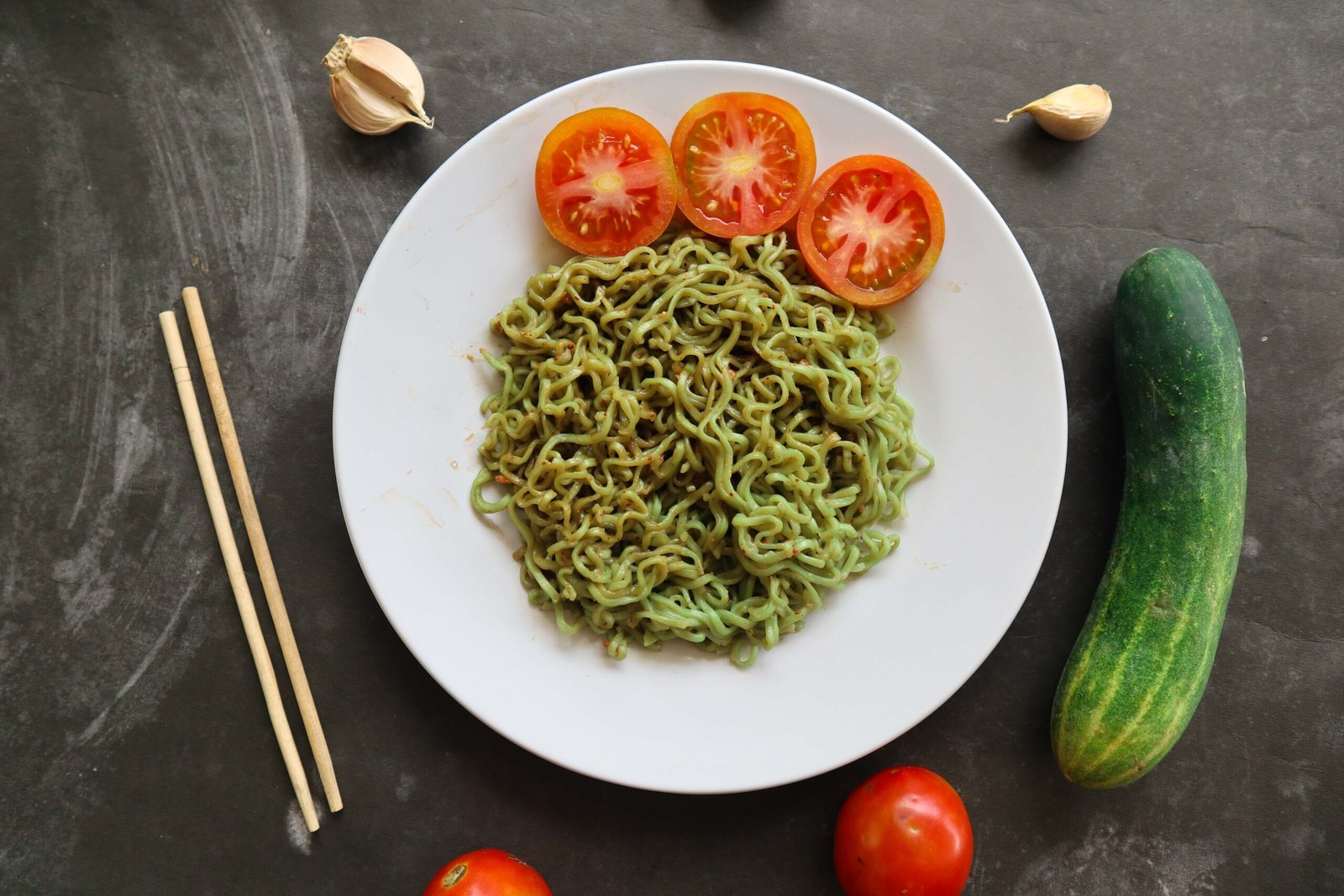


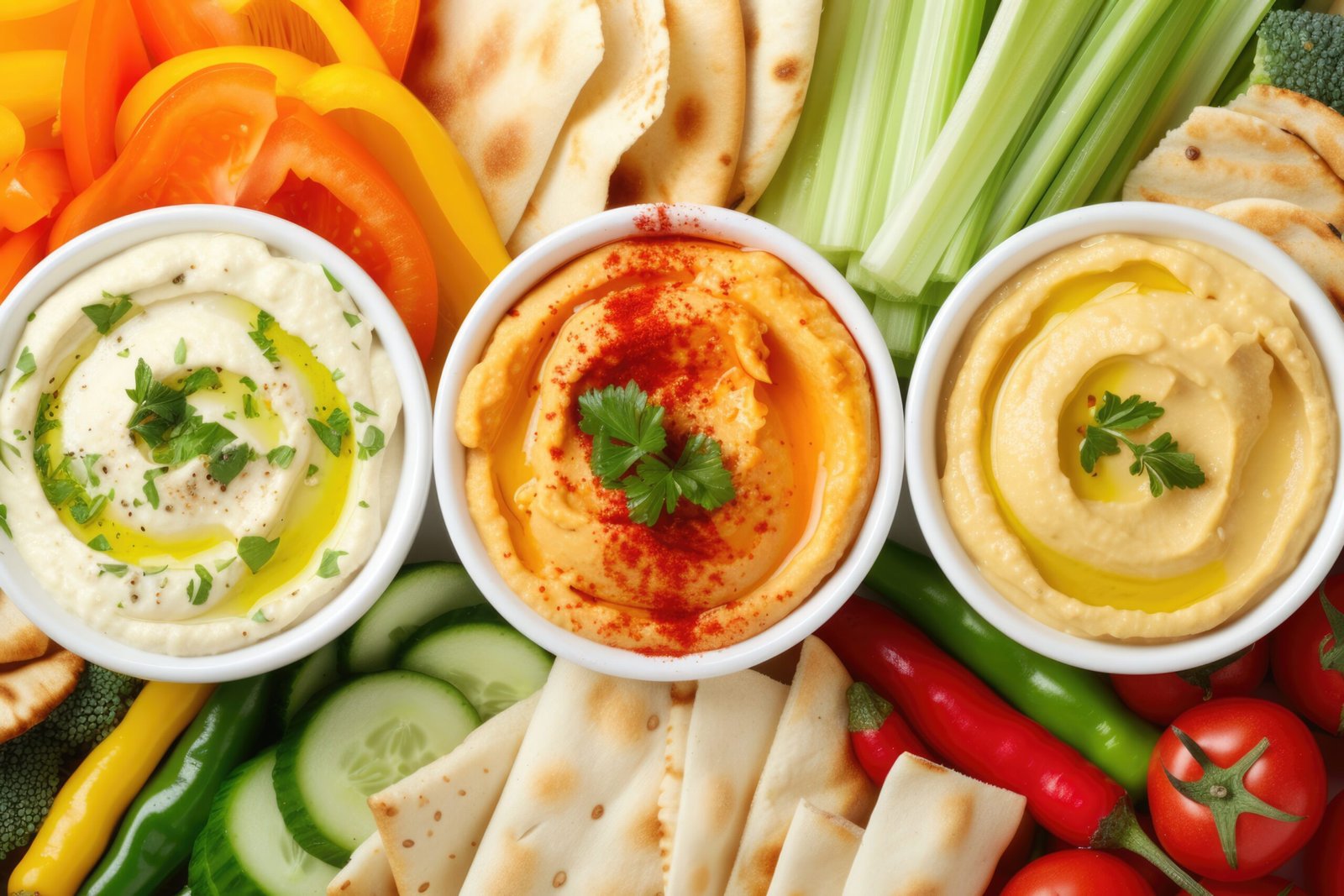

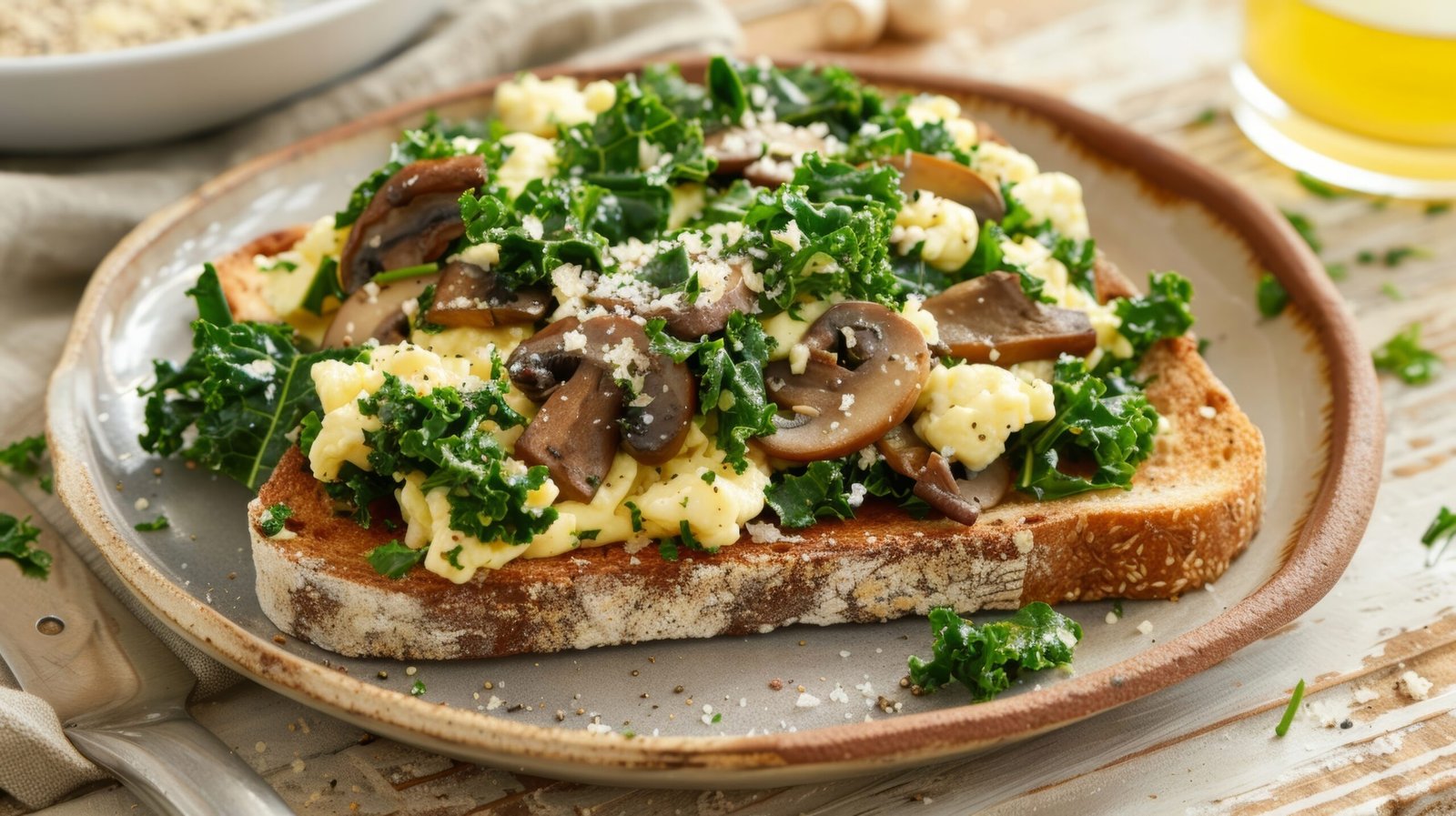
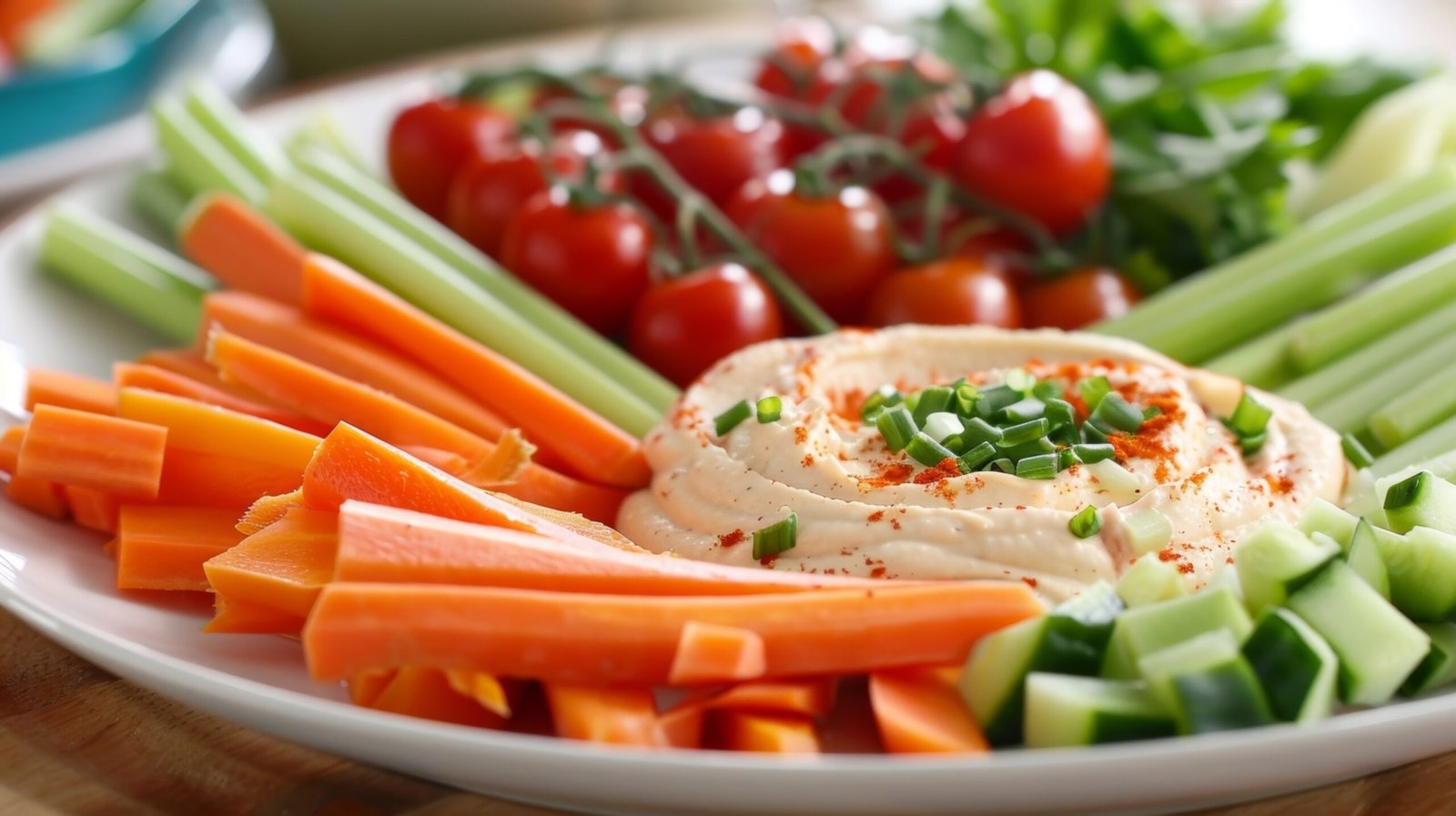
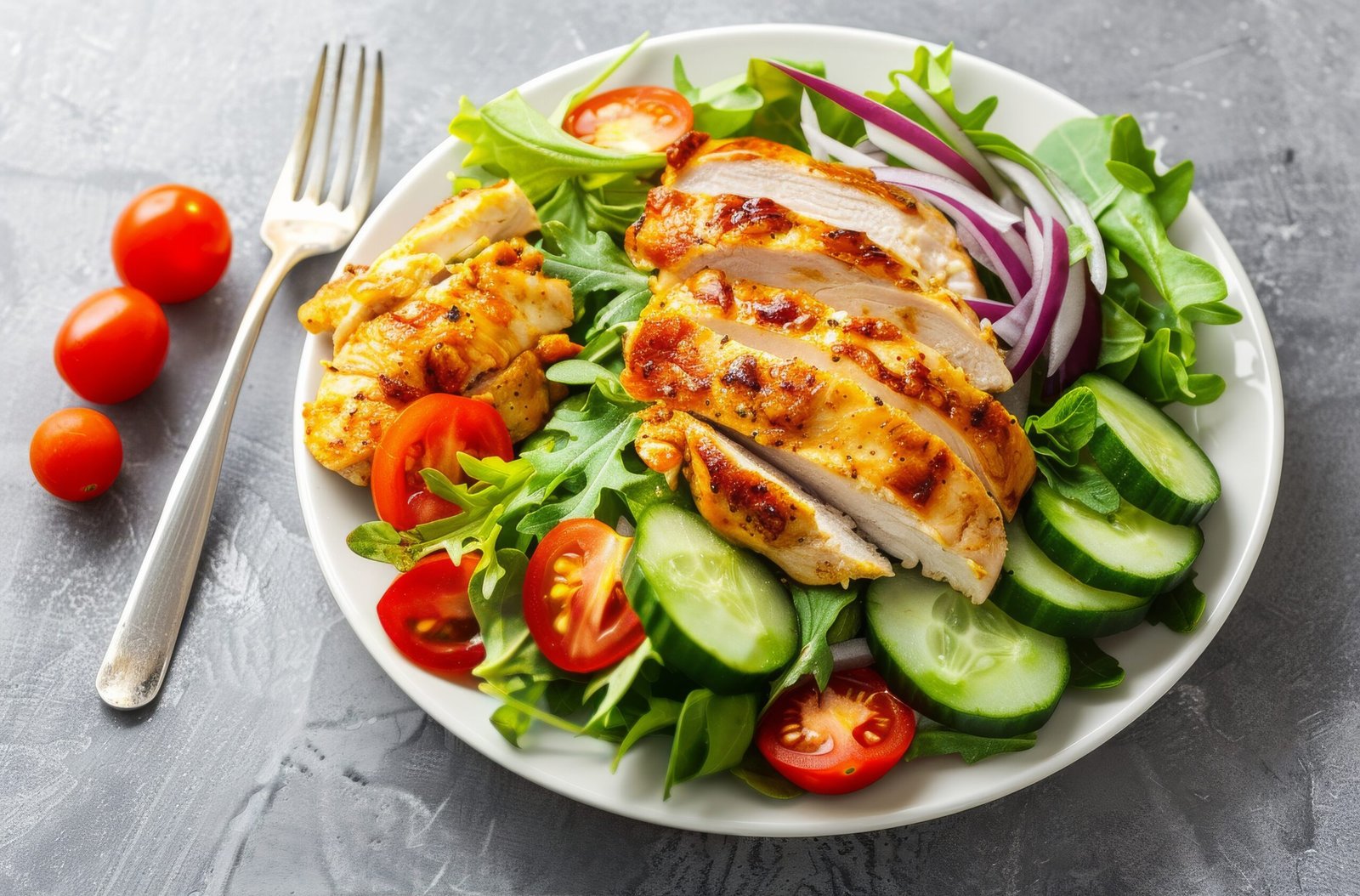
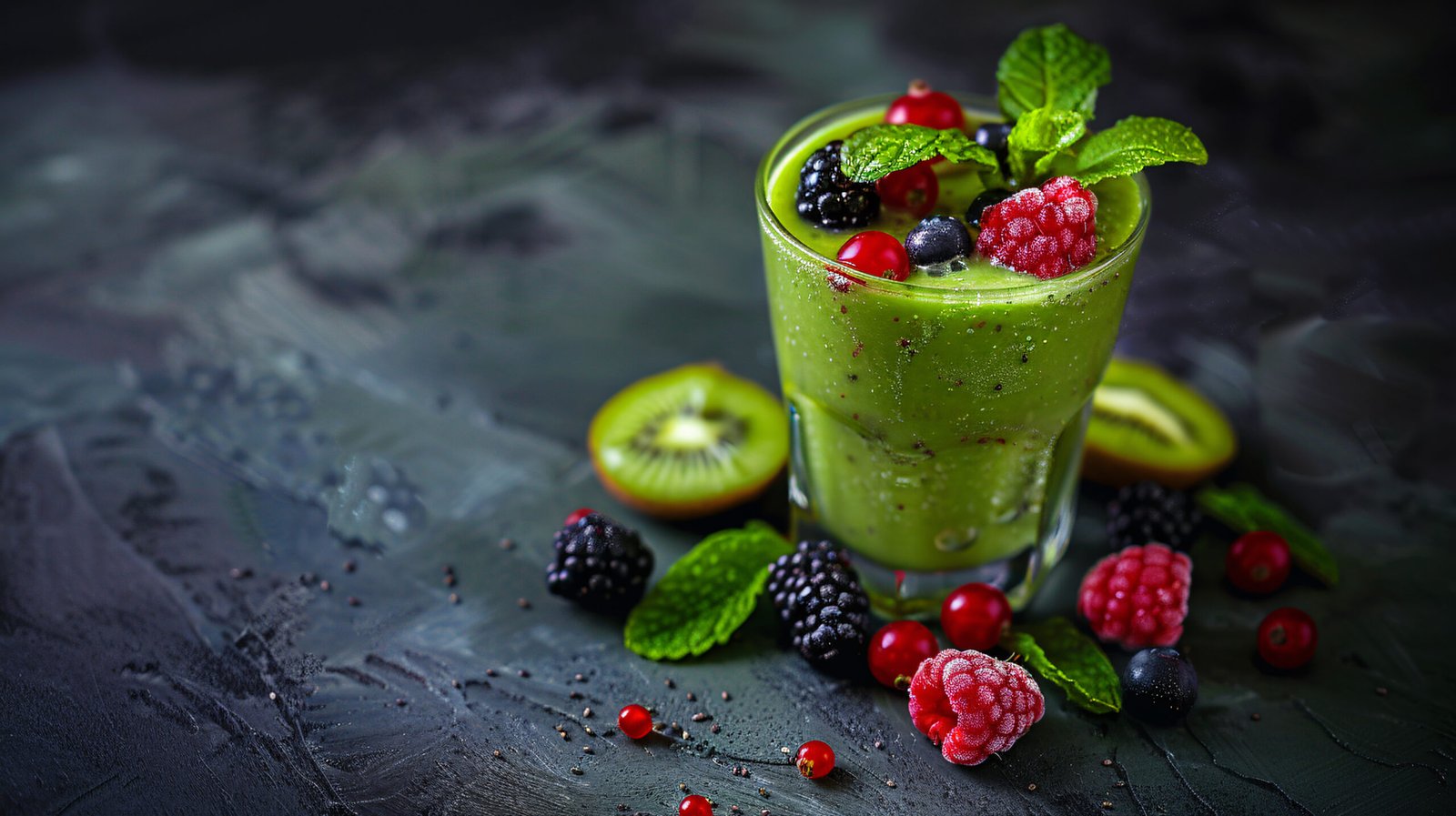





0 Comments